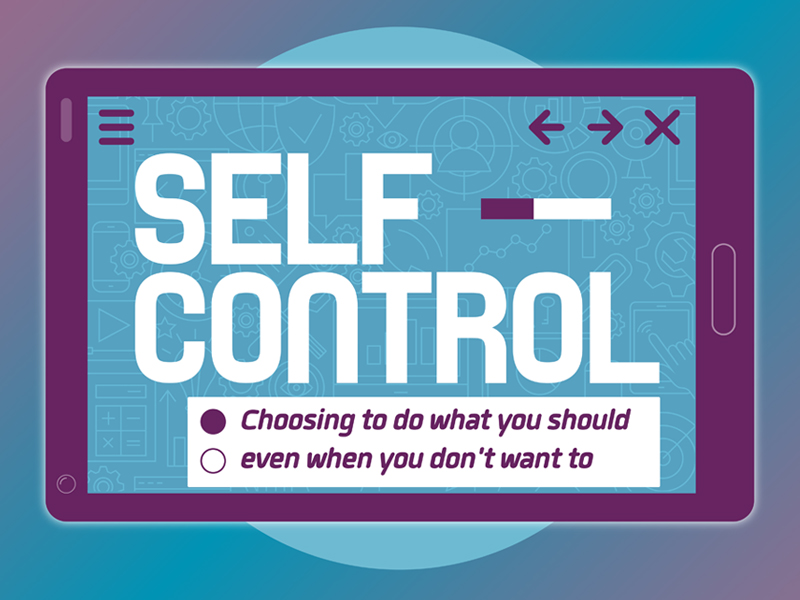You can find the story of Cain and Abel, the first two sons of Adam and Eve, in Genesis 4:1 – 24. This is the story of the first sacrificial offering given to God after their parents left the Garden of Eden. It’s made famous by Cain’s dodging question to God, “Am I my brother’s keeper?” Strangely, it seems Cain’s question makes its way into every generation, even among those who have no idea where it came from.
But, for those who are familiar with this story it tends to present two issues that most of us struggle with.
The most obvious issue is defensive denial.
“Am I my brother’s keeper?” (Genesis 4:9)
God asks Cain where his brother is, and this is his defensive answer. Cain had just killed his brother in a fit of rage and jealousy after God accepted Abel’s (his brother’s) offering of animal sacrifice but rejected Cain’s grain offering. It’s a classic case of denial – a skill he learned from his parents. They did the same thing when they were confronted by God after choosing to disobey Him, elevating their own desires above God’s or anyone else’s.
It’s interesting that when his parents shifted the blame, they made someone else responsible for their actions. Not Cain. Cain wanted no responsibility at all. If he had fully copied his parent’s logic, he should have at least behaved the same way they did by pointing to some other person nearby. Nope. He swatted away blame like an annoying fly, and didn’t even care if it found a landing place… but, the fly always come back to land.
God simply wasn’t buying it. Cain was justly called out, properly given consequences and graciously spared. The issue of Cain’s question wasn’t really identifying his responsibility for his brother as most sermons and teachings go with this story. It has a great deal more to do with his stark disregard – or callous indifference – toward anyone but himself, even someone that was family.
Most all of us have seen that before. Typically, we recognize the look of that in someone else and at the same time linger in denial of its presence in our own lives.
In January, our church takes time to focus on prayer while hearing what the Word says about Self-Control. We’re directing all messages for the month to our adults, children and teens onto the same theme to move our church families at the same pace toward the same conviction. We’re defining Self-Control as “Choosing to do what you should even when you don’t want to.” The memory verse for the month is 1 Peter 1:3a “God’s power has given us everything we need to lead a Godly life.”
Dealing with someone who turns away with Cain’s indifference can hurt beyond description. Be careful not to return the favor. It will only hurt you further. Cry out to God with your hurt. Call a trusted pastor, friend or counselor who will help you to find God’s healing.
On the other hand, dealing with lingering denial requires a blatant honesty, and that only comes by great effort to control self-protective tendencies. There’s really only one solution to this. Turn toward both the One who is confronting (ultimately) and the only One who is big enough to help you beyond yourself. Essentially, that’s choosing to do what you should even when you don’t want to.
If Cain would have turned to God rather than putting up a wall of denial, then the rest of his story would have been different. We can be confident in that because even in his denial, God didn’t take his punishment as far as He could have.
One thing I have learned about God… He’d far rather deal with us where we really are than where we pretend to be.
Take courage from these words in 1 Peter 1:3a “God’s power has given us everything we need to lead a Godly life.”
